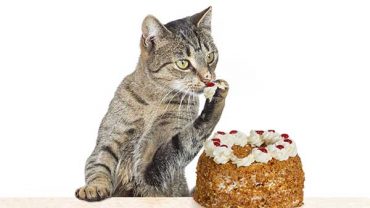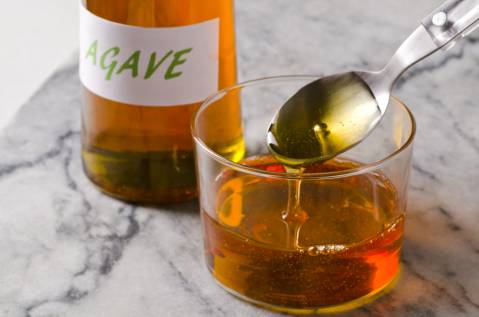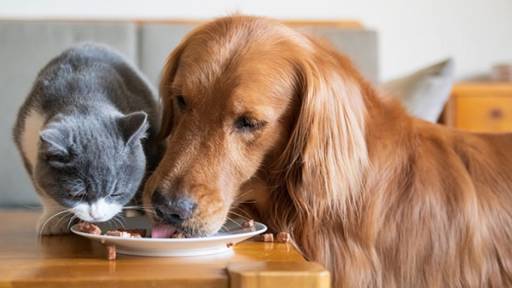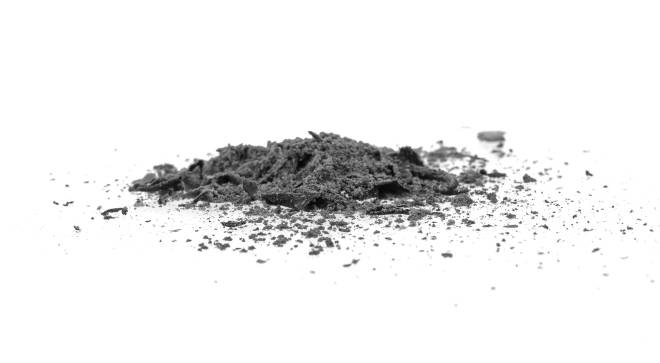
Connect with a verified veterinarian in minutes. Licensed vets are available 24/7 to answer your questions. No need to worry about your furry family member.
Cake—who doesn’t love cake? Cake comes in a wide variety of flavors and types, and they’re the highlight of many celebrations and parties! Remember your favorite birthday cake when you were a kid?
Millions of people around the world love cake. The sweet frosting melting on your tongue, as well as the flavor of the cake itself! There is chocolate, lemon, vanilla, and so much more!
While we can eat cake, in moderation, is it safe for cats?
The Problems with Cake & Cats
Cake is a dessert, or junk food, which provides no beneficial nutrients. That’s true for us and cats! Plus, those same ingredients that make cake taste so good to us, can actually be very dangerous for cats.
Let’s take a look at some of the specific ingredients that can be very bad for cats:
Chocolate: is frequently used in the cake or icing and is extremely toxic for cats. Chocolate contains a substance called theobromine, which can cause abnormal heart rhythm, tremors, seizures, and even death in cats. Dark cooking chocolates and cocoa powder are particularly bad.
Dairy products: some cats have a dairy intolerance. This means they can develop digestive issues if they eat or drink dairy products, including those found in cake. Milk and butter are two dairy ingredients that are often used in the icing and the cake batter.
Sugar: is not toxic to cats; however, it’s simply not very good for them. Sugar contains no nutrients, only additional calories, leading to weight gain or even obesity in both people and cats. Along with these ingredients, cakes can also include a ton of fat and contain other foods that are just not good for cats. For these reasons, cakes should not eat cake, especially not chocolate cake.
Symptoms of Chocolate Toxicity in Cats
You may notice these symptoms if your cat has eaten a cake containing chocolate:
- Diarrhea
- Vomiting
- Fever
- Heightened reflexes
- Rigid/stiff muscles
- Rapid breathing or panting
- Accelerated heartbeat
- Weakness
- Lethargy
- Seizures
- Death
If you know your cat has eaten chocolate or you suspect this is the case, then call the vet immediately. This could be a life-threatening medical emergency.
As you can see, cake is not good for your cat for many reasons. However, if she happens to eat a bite of a vanilla cake, then the chances are she will be OK. However, if she eats chocolate cake, then you’ll need to call the vet immediately. You may save your cat’s life if she receives prompt medical care.
Connect with a verified veterinarian in minutes. Licensed vets are available 24/7 to answer your questions. No need to worry about your furry family member.

Rebecca MacMillan, BVetMed BSAVA PGCertSAM MRCVS
This article has been reviewed and approved by an independent Veterinarian: Rebecca is a companion animal vet who has always had a passion for writing and client communication. Since her graduation from the Royal Veterinary college in 2009 she has gained a wealth of experience in first opinion small animal practice, in both clinical and managerial roles. She currently works in the South West and deals with a variety of routine and emergency appointments, but particularly enjoys medicine cases. Outside of work and writing, she enjoys spending time with her family, including her bouncy flat coated retriever George!
Review symptoms, medications & behavior to keep your pets healthy with a Vet Online in just minutes.
Ask a Vet Live Now




